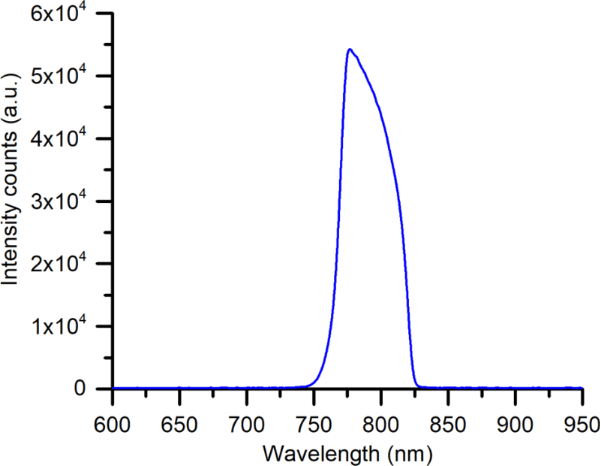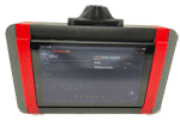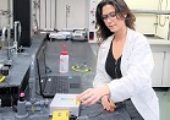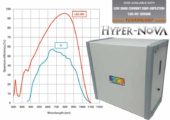Vikas, Raj Kumar, and Sanjeev Soni
Published: 6 February 2023
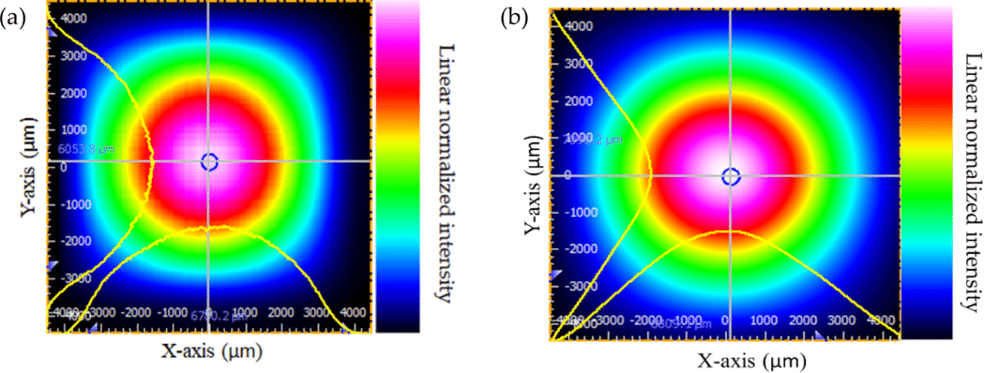
Abstract
The photothermal conversion efficiency of gold different nanoparticles (GNPs) in different concentrations (1.25–20 µg/mL) and at different irradiation intensities of near-infrared (NIR) broadband and NIR laser irradiation is evaluated. Results show that for a concentration of 20.0 µg/mL, 40 nm gold nanospheres, 25 × 47 nm gold nanorods (GNRs), and 10 × 41 nm GNRs show a 4–110% higher photothermal conversion efficiency under NIR broadband irradiation than under NIR laser irradiation. Broadband irradiation seems suitable to attain higher efficiencies for the nanoparticles whose absorption wavelength is different from the irradiation wavelength. Lower concentrations (1.25–5 µg/mL) of such nanoparticles show 2–3 times higher efficiency under NIR broadband irradiation. For GNRs of sizes 10 × 38 nm and 10 × 41 nm, the different concentrations show almost equal efficiencies for NIR laser and broadband irradiation. On increasing the irradiation power from 0.3 to 0.5 W, for 10 × 41 nm GNRs in the concentration range of 2.5–20.0 µg/mL, NIR laser irradiation results in 5–32% higher efficiencies, while NIR broadband irradiation leads to a 6–11% increase in efficiency. Under NIR laser irradiation, the photothermal conversion efficiency increases with an increase in optical power. The findings will facilitate the selection of nanoparticle concentrations, irradiation source, and irradiation power for a variety of plasmonic photothermal applications.
Keywords: broadband irradiation; gold nanoparticles; laser; near-infrared; photothermal conversion efficiency; plasmonics

